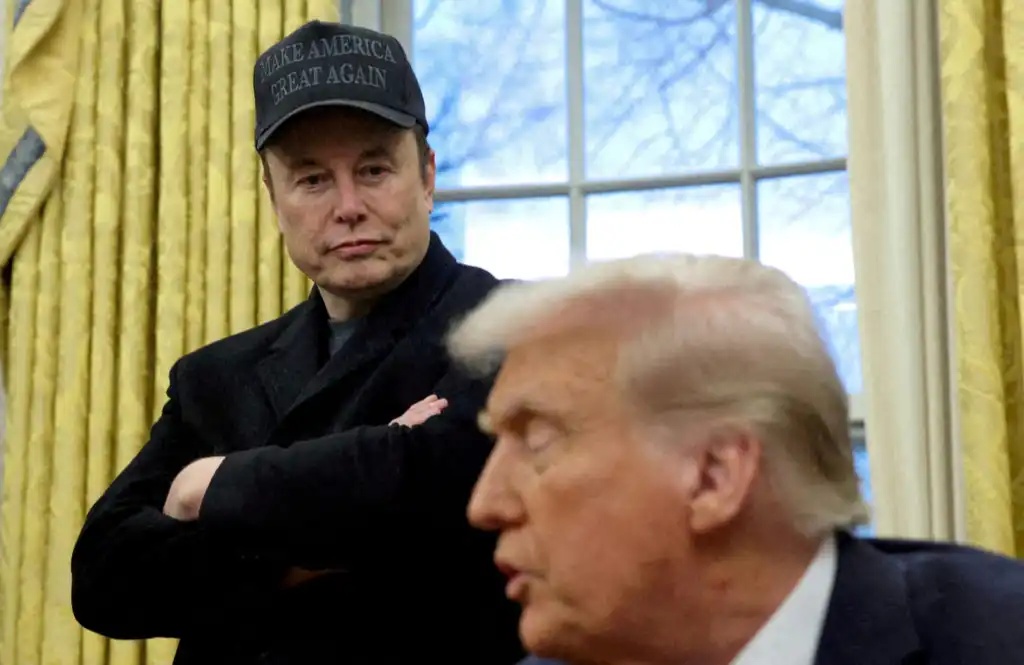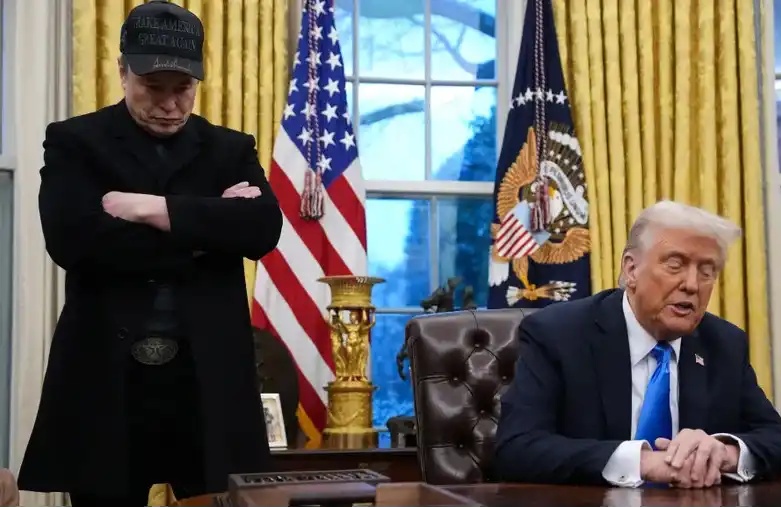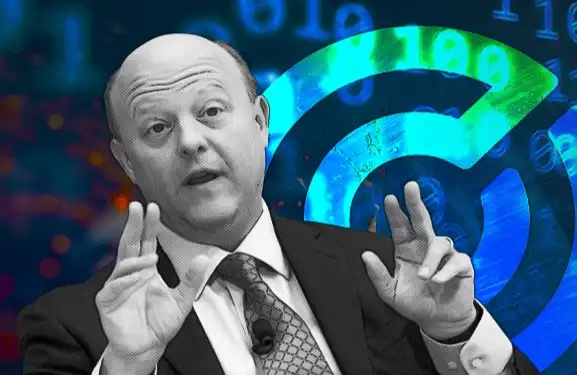Just Broke Up and It's Already Drama? Musk Blasts Trump's "Beautiful Act": Disgusting
Original Title: "Immediate Confrontation Right After 'Breakup'? Musk Lambasts Trump's 'Beautiful Bill' Act: Disgusting
Original Source: Bitpush

Just last Friday (May 30th), right after leaving the "Department of Government Efficiency" (DOGE) in the Trump administration, Musk and Donald Trump, the once "allies," seemed to quickly escalate into open confrontation. First, Trump revoked the nomination of Musk's close ally Jared Isaacman as the NASA Administrator, and then Musk directly lambasted Trump's heavily promoted "One Big Beautiful Bill Act" on the X platform (formerly Twitter), calling it "disgusting," causing a huge uproar in the US political arena and public opinion.
"I Can't Take It Anymore!"
On June 3rd local time, Musk went all out on the X platform, although not directly using Trump's "Big Beautiful Bill" moniker, the meaning was very clear:

"Sorry, but I just can't take it anymore." Musk wrote candidly, "This pork-filled, ridiculous Congressional spending bill is a disgusting disaster. Those who voted for it should be ashamed, you know you messed up."
He then warned that this bill would push the already huge US fiscal deficit to $25 trillion (!!!), "burdening the American people with heavy and unsustainable debt."
Why is this statement so attention-grabbing? Just five days ago, Musk officially stepped down from his position as a "Special Government Employee" in the Trump administration - the head of the "Department of Government Efficiency" (DOGE). It is said that Trump himself even personally presented him with an honorary "golden key" in the Oval Office. This dramatic shift from a just "breakup" to a public "showdown" indicates that their relationship is not as amicable as speculated.
Severe Internal Discord
Trump's "One Big Beautiful Bill," in Trump's words, is actually a comprehensive legislative plan covering government budgets, the tax system, debt management, and environmental policies. This bill not only provides financial security for government operations in the coming years but also serves as a key tool for Trump to advance his core policy agenda after reelection. The bill promises to extend the expiring tax cuts passed by Trump's first administration in 2017, inject funds into defense spending, and provide funds for the large-scale deportation of undocumented immigrants by the government.
In addition, it also proposes to raise the government's borrowing limit (debt ceiling) to $40 trillion.

The plan faced strong opposition from various factions within the party during the House deliberations, and the Senate has now begun deliberating on the plan, with divisions emerging within the Republican-controlled Senate. Musk's remarks reflect broader Republican concerns about the plan.
The Republicans hold 53 out of 100 seats in the institution, but both the fiscal hawks and more moderate members have yet to express support for the bill. Kentucky Republican Senator Rand Paul has stated in the past few days that he will not support the bill if it includes a provision to raise the debt ceiling, telling CBS News, "Once Republicans vote for this bill, they will then own the debt."
Musk's remarks have emboldened fiscal hawks like Kentucky Republican Senator Rand Paul and Kentucky Republican Representative Thomas Massie, two Republicans who have been among the few consistently voting against the measure. "I think he makes a good point," Republican Senator Kevin Cramer said, adding that Musk did not adequately affirm the "growth" brought by tax cuts.
Ted Cruz, a Republican Senator from Texas, told NBC News, "The Senate should significantly improve this bill, and I hope and believe we can do that. There is no question we need to further cut spending." "We certainly respect everything Elon has done for DOGE. But on this issue, we disagree," Senate Majority Leader and Republican John Thune told CNBC, "He has the right to express his opinion, but we will push forward."
Facing Musk's fierce criticism, White House Press Secretary Karoline Leavitt attempted to downplay his remarks at a televised press briefing. She said, "The President has long known Musk's position on this bill, and it has not changed his view. This is a great, beautiful bill, and he will stick with it."
Gloomy Prospects for Bill Passage
It remains unclear whether Musk's public criticism reflects a shift in his political stance. After all, he had donated nearly $290 million in the previous election cycle to support Trump and Republican candidates. This outspoken criticism may simply be a calculated "public pressure" move, as he is well aware of the potential impact of this bill on companies like Tesla in the clean energy industry.
Currently, the House passed the bill last month by a slim margin, and the Senate is in revision negotiations. Trump has expressed hope of signing the final version before July 4th. It is foreseeable that as the "Beautiful Bill" undergoes Senate deliberation, the financial storm in the U.S. political arena will further intensify in the coming weeks. The public confrontation between Musk and Trump, once allies, will undoubtedly add more uncertainty to this storm. Meanwhile, Musk's public image has also been affected—his consumer-centric company Tesla's reputation and sales have both declined, with Tesla's stock price falling about 13% this year.
Welcome to join the official BlockBeats community:
Telegram Subscription Group: https://t.me/theblockbeats
Telegram Discussion Group: https://t.me/BlockBeats_App
Official Twitter Account: https://twitter.com/BlockBeatsAsia
 Forum
Forum OPRR
OPRR Finance
Finance
 Specials
Specials
 On-chain Eco
On-chain Eco
 Entry
Entry
 Podcasts
Podcasts
 Data
Data


 Summarized by AI
Summarized by AI







